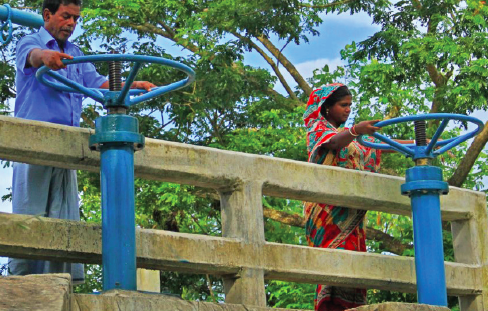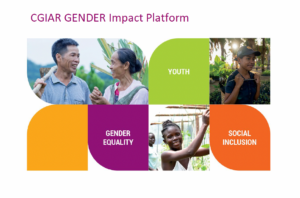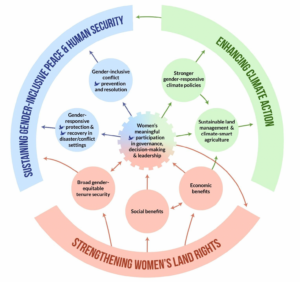This UNEP report is centred on 10 gender mainstreaming principles developed to offer structure and guide the practice of gender mainstreaming into the integrated management of coastal and marine ecosystems. These principles can be considered “tried and tested” strategies for promoting socially just, environmentally sustainable and economically efficient development in coastal and marine contexts. The 10 gender mainstreaming principles are also illustrated in action through 10 case studies from different countries with distinct geographical and social contexts. The case studies cover a wide set of themes in coastal and marine ecosystem management and highlight the work of diverse stakeholders, including conservation organizations, researchers, government ministries, civil society, the private sector and community-based groups. Each of the 10 case studies aims to explain the rationale behind the use of a particular gender mainstreaming principle (why), illustrate the practical aspects of implementing it in a specific context of coastal and marine ecosystem management (how), and offer lessons learned and recommendations. The cases are vivid examples of the potential broader social and environmental impacts of integrating gender principles into marine and coastal management projects.
Lead Authors: Anamika Amani (GWA, India) Anne-Marie Hanson (GWA, United States of America)
Source: UNEP




